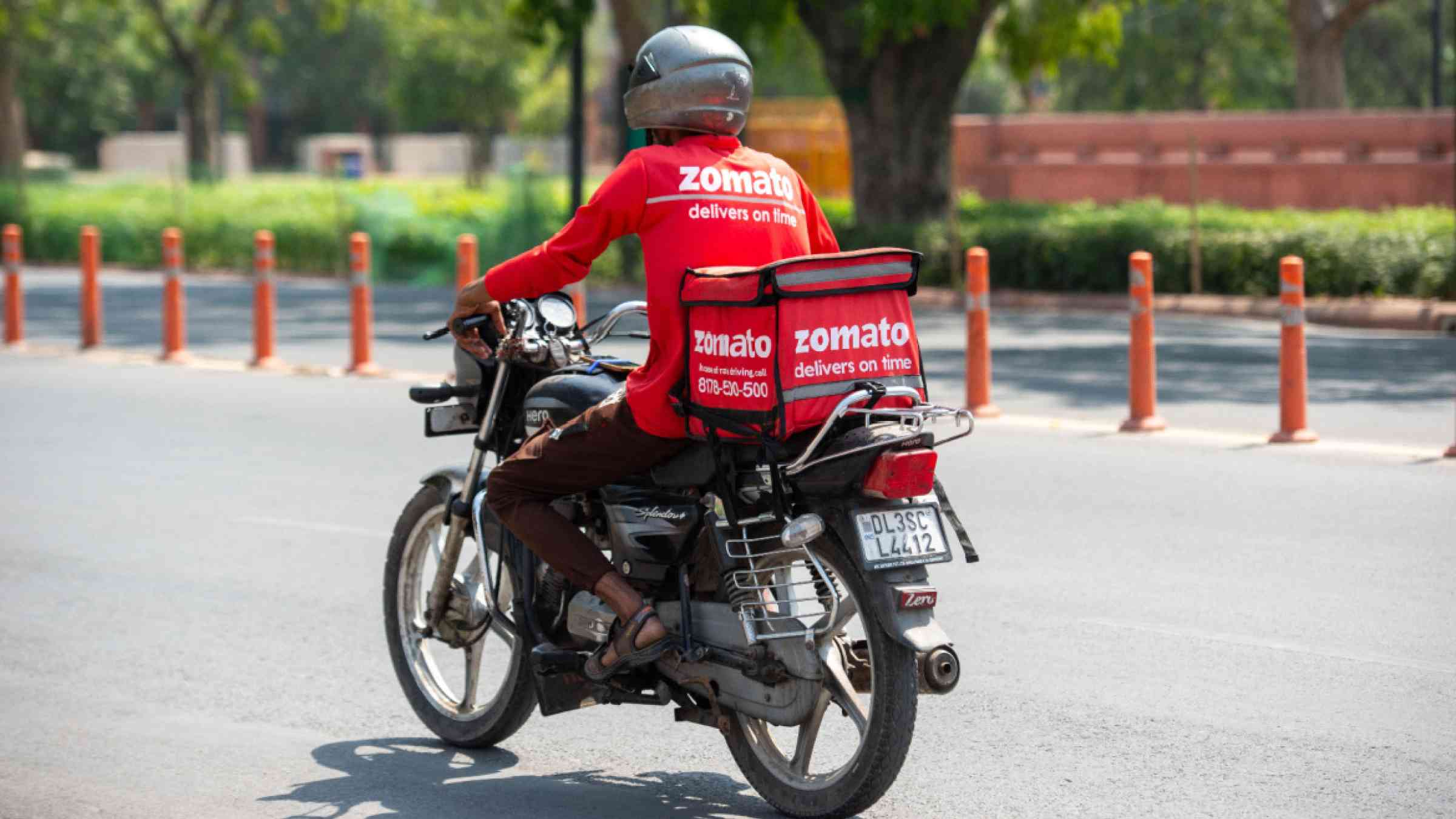When gig work meets extreme weather

[...]
Understaffed platforms and overburdened couriers
Food delivery platforms in China need to handle as many as 60 million orders every day. More than seven million delivery couriers are registered for this work. Such scale and complexity makes it very hard to quickly respond to surges in demand during a heat wave, forcing platforms to rely on existing food couriers to take on more orders and work longer hours in extreme heat.
We confirmed this hypothesis through our work with one food delivery platform in China, analyzing data from 2015 consisting of more than 580,000 orders and 1,272 gig couriers from two major Chinese cities, Shanghai and Hangzhou. This was a time when the on-demand food delivery industry was just beginning to gain traction in China. At that time, platforms primarily offered delivery services for a limited range of products, allowing us to focus on the delivery of food items during our research without the added complexity of multiple product types.
[...]
Implementing better strategies in extreme weather events
[...]
For example, in China, Meituan set up mobile vans in high-risk cities like Shanghai, offering iced drinks, sunscreen, and raincoats to couriers. The Shanghai government has also established over 10,000 service stations to provide relief to couriers during heat waves. In New York City, Grubhub has partnered with e-bike rental platform JOCO to create indoor rest areas for couriers. They also provide gig workers with access to occupational accident insurance and an app called RapidSOS, which helps by sending location data in extreme weather emergencies during 911 calls. And in India, Zomato launched the Shelter Project, constructing rest spots with clean water, first aid, and other amenities for delivery agents.
Besides providing protections for gig couriers during heatwaves, platforms and governments need to come up with well-thought-through changes at the policy level, too. There's mixed progress in this area. In 2022, Vietnam's Grab App made an attempt to introduce a heat wave surcharge, but cancelled it later following concerns from a consumer watchdog. On the positive side, Singapore plans to put the Platform Workers Bill in place by 2025, which aims to offer work injury compensation and union-like representation.
[...]